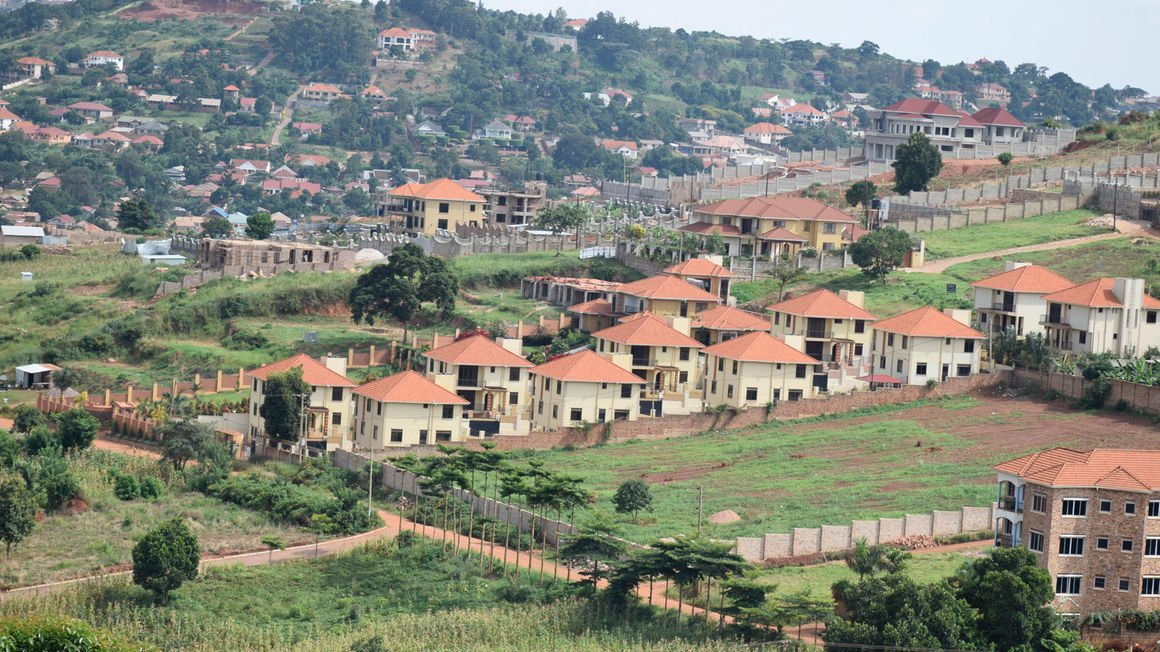When acquiring land in Uganda, it’s very important for one to carry out due diligence and understand the different modes of land ownership to avoid consequences that could have been avoided if you had done adequate due diligence.
There are various Types of Land Tenure Systems in Uganda under which citizens and foreigners can buy land, own and utilize it. The 1900 Buganda Agreement when the British appropriated land to different purposes shapes the framing and understanding of Uganda’s land tenure systems as identified by the Land Act of (1998).
(Article 237 (3) of the 1995 Constitution of Uganda and Section 2 of the Land Act) gives guidance on how the citizens of Uganda hold land under four tenure systems these categorized as:
- Private Mailo Land
- Freehold Land
- Leasehold Land
- Customary Land
However, there is also public land:
Under this type of land tenure, the government owns land and has the right to lease it to a company, organization or individuals on specific terms and conditions. In most cases, this form of land is not for settlement; it is basically for business and usually located in urban areas such as Kampala and other big towns in the country.
Freehold Land
By Far Freehold land system is the most popular land system in Uganda. The Land Act 1998 defines freehold tenure as a tenure that bestows upon someone ownership of registered land in eternity –which means “owning the land forever,” this type of tenure was set up by the 1900 agreement between Buganda and the British colonial government. Some of this land was issued to church missionaries and academic Institutions and some individuals.
Under Freehold land system, the landowner may use it for any legalized purpose like selling, letting, leasing and disposing it off by will or execute it in any way as he may deem it right and prudent. It is only Ugandan citizens that are legally entitled to own land under the freehold tenure system. Non-citizens are allowed only the alternative of leasing it for a period of up to 99 years by the constitution.
One can obtain certificates of title under this tenure directly through the government authorities where the Sub-county land office, the district land office and the zonal office of the Ministry of Lands are all involved.
For Leasehold and customary land titles can be changed to freehold land. (Sections 28 and 29 of the Land Act)
Private Mailo Land
This land tenure in Uganda has its basis from the allocation of land pursuant to the 1900 Uganda Agreement, subject to legislative qualifications. Land held under mailo tenure is mainly confined to the Central region of Uganda. This type of tenure is predominantly in Buganda, with some minimal parts of Ankole, Bunyoro and Tooro sub-regions having it. Mailo tenure as one where permanent ownership of a large plot of land belongs to landlords who acquired it through the 1900 Buganda agreement, while at the same time tenants on the land are recognized and they also have rights to live on and utilize the land. Its locally known as “Kibanja”.
The relationship between the tenants and the overlords or landlords is governed and guided by the provisions of the Land Act. Mailo land, like freehold is registered under the Registration of Titles Act. All transactions must therefore be entered in a register guaranteed by the state. Under this tenure, the holder of a mailo land title has absolute ownership of that land just like freehold.
However, according to the constitution, Mailo landowners are not allowed to use their powers against the interests of customary tenants. This provision was introduced in 1998 and revised in 2010 aimed at ensuring that landlords don’t evict people occupying mailo land as customary tenants or squatters.
There are however no more new titles issued for land under Mailo tenure, because all titles were issued prior to 1928. what is done now is only further subdivision of the existing titles which were issued prior to 1928, as well as changing the names on the titles in cases where ownership is being transferred. Under the process of subdivision and transfer of ownership, the applicant and the transferring landowner both fill application forms with the zonal office of the ministry of lands in their area.
The Ministry of Lands puts the number of owners of Private Mailo to have risen to more than 300,000 due to either so many of them having inherited or bought parts of what was previously one piece of land and thus causing its subdivision
Leasehold
The 1998 Constitution describes leasehold tenure as one where one-party grants to another the right to exclusive possession of land for a specified period, usually in exchange for the payment of rent. One can get a lease from an individual, a local authority, an organization or Company, an institution like Buganda Kingdom or from Uganda government for a period usually 49 or 99 years or in between under agreed terms and conditions. Most land that is leased was previously owned by the government bodies.
Under Leasehold land system, the landowner and the prospective tenant sign a contract that allows both parties to define the terms and conditions of access and usage in such a manner that suits both of them. Usually, the landowner my give guidelines on how the land show be utilized and may take back or renew the contract after the lease period. The person granted a lease must use the land for the specific purpose as agreed with the landowner. (Section 3(5) of the Land Act. Most lease agreements in Uganda take the following shapes:
- Lease given to a non-citizen person or company which acquires land in Uganda because non-citizens cannot own Mailo, freehold or customary land.
- The person granted lease by an individual, local government or Kingdom owned land.
Customary Tenure
different forms in which customary land tenure exists in different parts of Uganda. In some places the land is held communally, in some it belongs to a particular clan while in others, it is held by individuals. Customary land system is very common in many parts of Uganda with exception of Buganda which has Mailo Land.
The rules of customary law also vary in different parts of the country. The Land Act 1998 states that customary land tenure shall be governed by rules generally accepted as binding by the particular community, and anyone who acquires land in that community shall also be bound by the same rules.
An individual can obtain private title certificate by simply agreeing with the community that owns the land (the clan or tribal chiefs), then the Sub-county and government land boards take up the process of issuing the title. The constitution also provides for turning of an individual on communal tenure into one on freehold, and lease hold can also be issued by owners to tenants under this tenure.
In Uganda, Customary tenure embodies the main part of landholdings that is between 70% & 80% of the land in the country.


